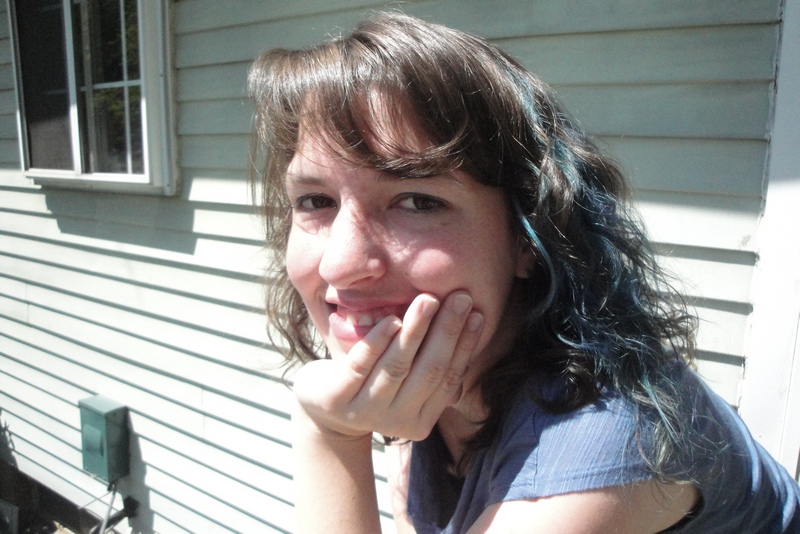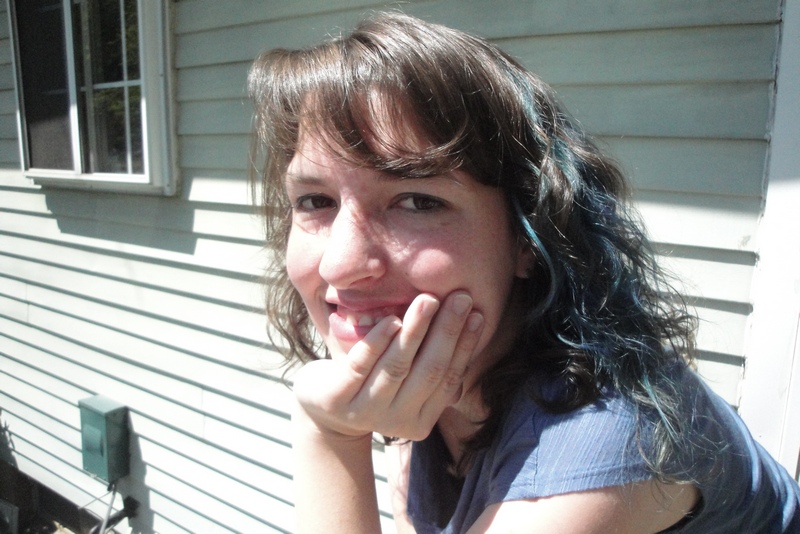Every so often, we’ll chat with an alum about what they do and how they got there. Today we’re talking with research assistant Allison Kelly ‘12, Chemistry, about her current research project.
Name: Allison Kelly
Job Title: Research Assistant, PhD Candidate
Major/Minor: Chemistry, Writing
Grad year: 2012
Q: What drew you to UMBC for your studies?
When I stumbled onto the UMBC website I was greeted by the words: “The school where it’s cool to be smart.” I wanted a local college that valued academics, and UMBC seemed to fit that bill. During the course of my studies, I grew to love the focus on scholarship and the acceptance of nerd culture I found on campus.
Q: Can you recall any professors or advisors at UMBC who inspired you?
I am very grateful for my time in the UMBC chemistry department. In particular, I got to work closely with Dr. Tara Carpenter and Dr. Stephen Mang in various classes and as an American Chemical Society student member. Their commitment to undergraduate education and enthusiasm for science outreach is something I hope to emulate after finishing my PhD. And all of the folks in the Honors College were incredibly supportive. Especially Dr. Shields, who always managed to blend professionalism and empathy.
Q: Can you explain a little about your current sustainability project?
My project focuses on polymer solar cells. The silicon solar cells available on the market can be heavy and expensive. Polymer solar cells are light weight, flexible, printable, and less expensive, but currently are not as great at converting sunlight to electricity. Our goal is to improve the efficiencies with the goal of making polymer solar cells commercially viable. Specifically, I’m focusing on increasing the amount of sunlight the cells can absorb by adding more absorbing components to the system. But making additions to an already complex system creates complications, which I am working towards understanding.
Q: What has been your greatest achievement throughout your project? Your greatest challenge?
Daily troubleshooting, especially at the beginning, is the most challenging part of research: doing experiments that worked yesterday but not today; using established, “easy” techniques and failing; determining which step(s) of a ten step process is causing the problem. I spent two months simply trying to get my controls up to par.
But after almost two years, I’m finding my feet, playing a bigger role in directing my project, and finally getting significant results.
Q: Is there any advice you’d like to give to students at UMBC?
Give a smile and a “thank you” to the Chartwells folks.
Q: Do you have a favorite memory from your time at UMBC?
It’s impossible to pick just one! There was a lovely Friday evening when I had the opportunity to serve dinner at a homeless shelter, played capture the flag on campus, and camped out in a dorm lobby to watch the Lord of the Rings with some friends. We paused in the middle to walk out to Pig Pen Pond and “watch” a foggy sunrise. It’s certainly not my only good memory, but one that encompasses many of my favorite things about the UMBC community.
Tags: Chemistry, Dr. Shields, PhD Candidate, polymer solar cells, research assistant, Stephen Mang, sustainability

